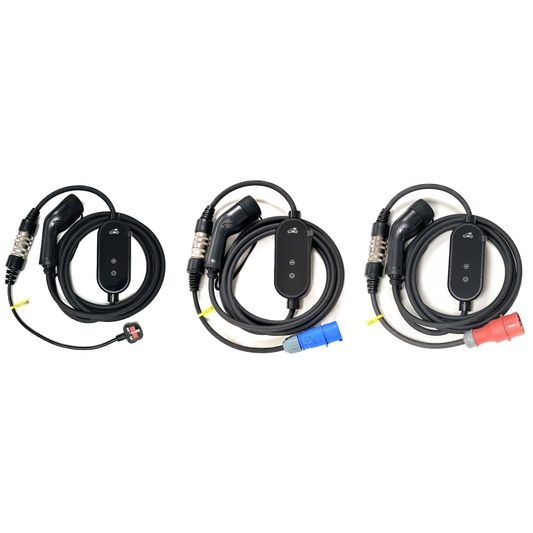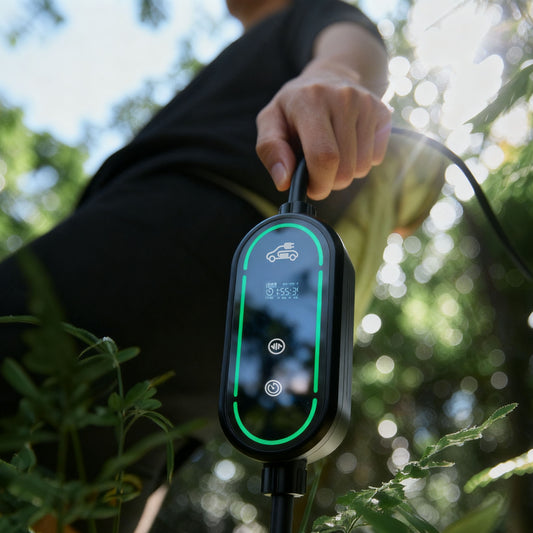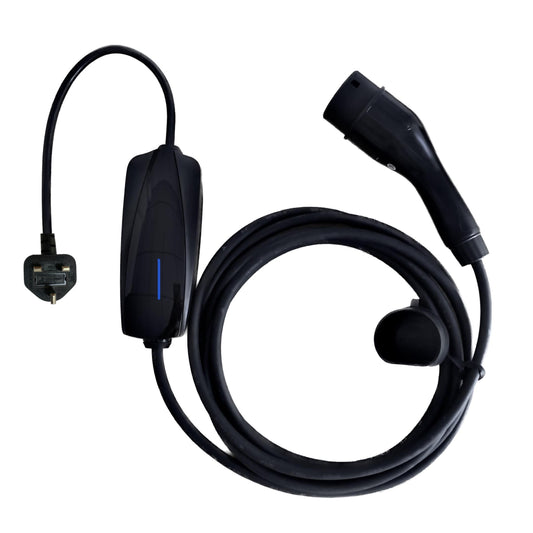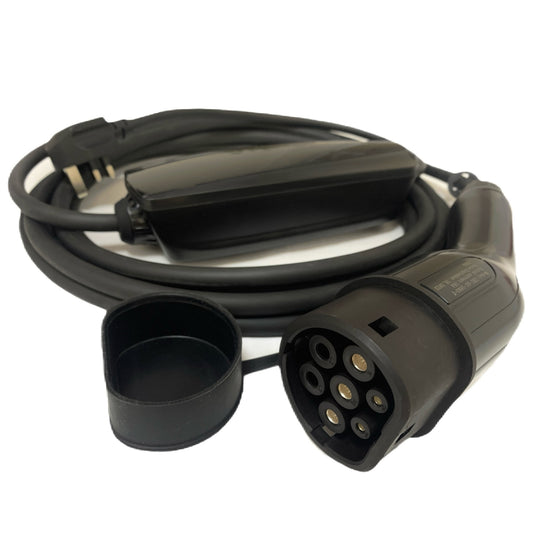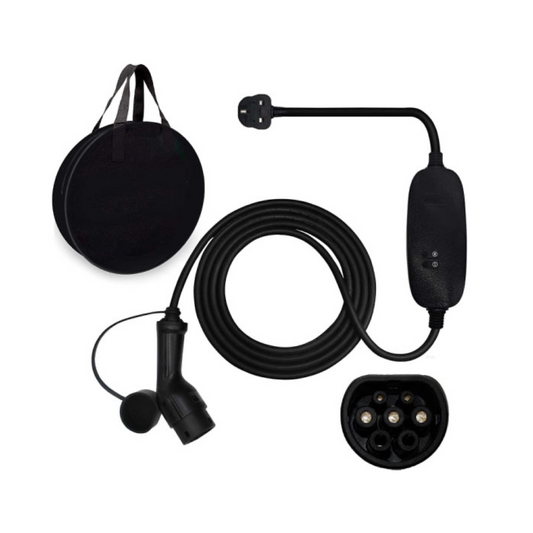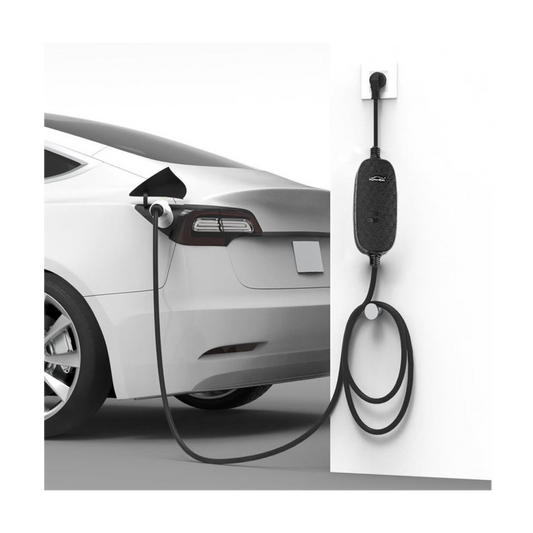
An electric vehicle home chargepoint (also known as home charging point, home charger, wall charger, charging station or wallbox) is typically a wall-mounted charging unit that supplies power (AC), from the grid, to recharge electric cars at a greater load than a regular domestic circuit.
Home chargers come in different forms and range in power output. They will drastically reduce charging time compared with a regular three-pin plug. The typical charging speeds for a home charger range from 3kW to 7kW, while some are capable of up to 22kW if you have three-phase power supply in your home.
Installation guide
Domestic charging points are installed within a garage, on the external wall of a property or on the driveway, providing convenience and much faster charging than using a three-pin plug. It is essential to have the unit installed by qualified personnel, ensuring a sufficiently dimensioned power supply cable and correct circuit breaker are used.
Once installed, all you will need to do is plug one end of your cable into the unit, and the other end into your car. Your instruction manual should contain all the information needed to operate your wallbox safely.
What type of connector do I need?
Home charging units are available in either tethered or untethered form. European EV models (including in the UK) come with a Type 2 inlet which is why most EV owners in the UK opt for tethered Type 2 chargers. Otherwise, you can install an untethered unit and then purchase a charging cable as necessary for whichever car you are driving at a given time.
Using your charger and safety features
A simple home charging unit communicates with the electric car during the charging process and adjusts the power to be supplied to the power requested by the car. That's it.
Intelligent units, on the other hand, like the Dark Horse or M3W Series, can do much more. For example, the mobile app allows you to control the charger remotely and comes with many smart functions. For instance, you can set how much power is supplied to your electric car at any given moment.
IEC compliant chargers are equipped with numerous features that safeguard against the risk of overheating, electric shock, voltage peaks, and many other electrical hazards. This enables the charging stations to deliver a high-wattage power supply for several hours without posing any risk to the electric system, thus keeping the EV, the home and its occupants safe.

